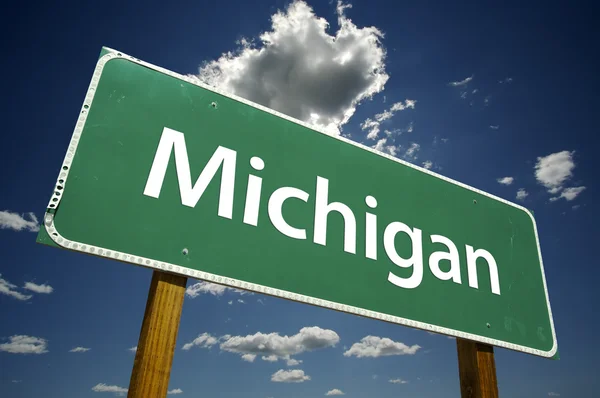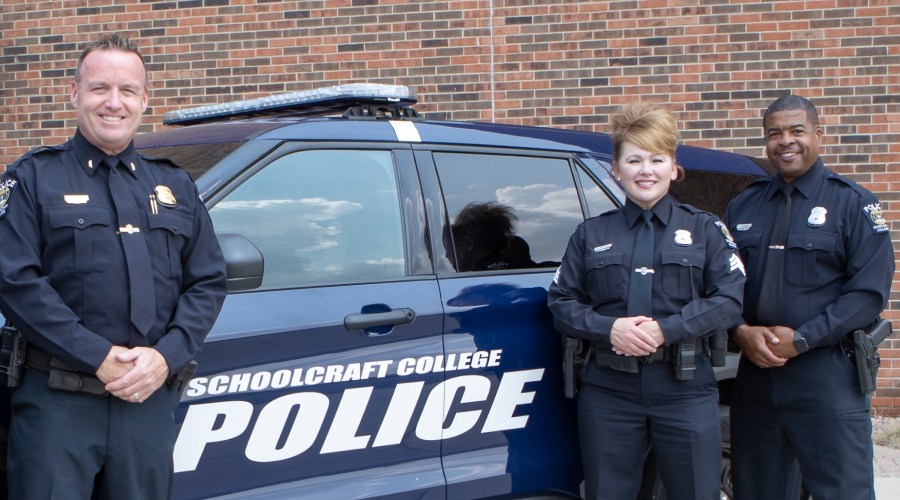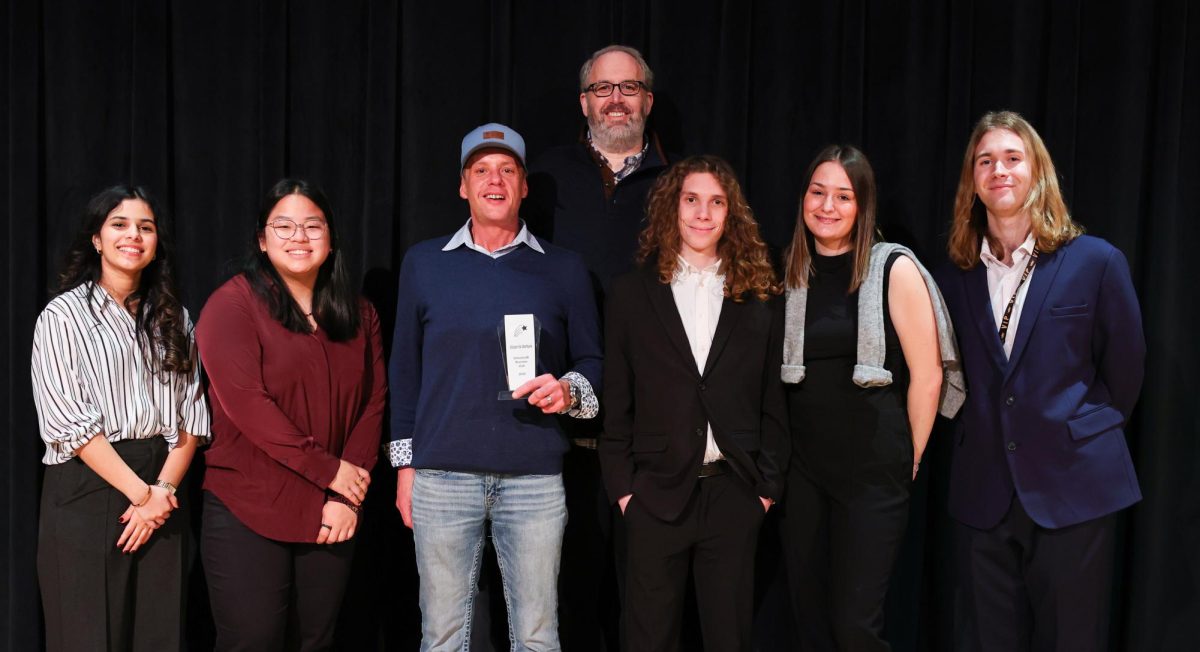The road to success
MDOT provides tools for a better driving environment

February 2, 2023
With recent elections pulling through across the nation, citizens can expect to see changes in their states.
Voters had the opportunity to vote for bigger mileages specifically to put more money in public transportation, which has the intent to create a safer, faster, accessible and all around better road experience for locals. “This investment will make, [as an example,] Michigan Avenue through Corktown more accessible, facilitating ongoing residential and commercial development in the area,” said Governor Gretchen Whitmer. “Getting this done will create and support good-paying construction and auto-related jobs and ensure that Michigan continues leading the future of mobility.”
However, what exactly does transportation look like now?
Schoolcraft Business Club President Eduardo Herrera-Perez has about a 30 minute commute from his home to campus and has quite the ride to get there.
“I travel from South Lyon and it gets pretty bumpy along the way. Right now 10 Mile is under construction and when I take 8 Mile I feel like my car is going to break down because of how bumpy the roads are. There has to be more time invested in them and when they do go under construction it should be done in a way that doesn’t take as long.” said Herrera-Perez.
Michigan boasts a nearly 10,000-mile highway system throughout the state. This includes M, I and US routes that make up the 120,000-mile highway, road and street system according to Michigan Department of Transportation’s website.
The Michigan Department of Transportation (MDOT) is responsible for this system, and prides themselves on “Providing the highest quality integrated transportation services for economic benefit and improved quality of life.”
There are seven regional offices found within the state with Transportation Service Centers (TSCs) to allow for transportation infrastructure and other maintenance programs. These centers were created to allow MDOT to acknowledge and rectify traffic and other travel related issues within the communities throughout the state of Michigan.
Their website is host to a trove of valuable information with real time posts, informative updates regarding the roads and highways all across Michigan. This not only allows citizens to plan for their daily commutes, but also to see where their tax money and resources are being allocated to and what is being worked on.
The website also gives several tips to ensure that drivers both new to the road, and experienced, can travel safely during the winter months, and allows for the ability to report potholes, explaining how they are made, how to avoid them and what to do after hitting one. There is even a Damage Claim Procedure Form that can be filled out if damage is done to a vehicle due to a pothole or otherwise on a state trunkline (M, I or US route), granted these claims are generally rejected under governmental immunity laws. The website cites MCL 691.1402 and MCL 691.1403.
The organization also offers programs to support residents, including one that is funded by the Federal Highway Administration (FHWA) as well as the Federal Transit Administration (FTA) and the Federal Aviation Administration (FAA) known as the Disadvantaged Business Enterprise (DBE.) This program was created to ensure that groups who have gone through economic and social struggles (particularly minorities and women) are able to create businesses that function and flourish with as much opportunity as other groups through the support of MDOT Contracts. Once inducted into the DBE, members are placed into the Michigan Unified Certification Program (MUCP) MDOT keeps track of these businesses and provides free outreach that can be done fully remotely through teleconference, Microsoft Office Teams, Zoom, Skype, Phone or other online methods.
To qualify for this program. A firm must be registered through the Small Business Association (SBA,) be owned and controlled by the applicant who is disadvantaged both socially and economically. And the business must be an independent for-profit. Nonprofits do not qualify for the program
To contact the DBE, reach out to Lisa Thompson, program administrator at 517-335-1708
Career paths within the organization include engineering, finance, administration, business, maintenance and beyond. These fields allow those with a wide set of skills to help maintain road safety and upkeep. There are a host of programs created to provide job opportunities and mentorships to students, boasting development programs in middle school, high school and for college students. They have also created a Veteran Internship Program that sets out to employ United States veterans who were honorably discharged from the Armed Forces.
Those interested in pursuing a career with MDOT can contact their Office of Human Resources at 517-335-2683.
The road ahead for Michigan streets is wide open with opportunity. Whether that be employment through MDOT, increased business through DBE, or just safer roads in general, residents can expect to receive more support, along with safer and an altogether better driving experience when hitting the pavement.
For more information, visit MDOT’s website at https://www.michigan.gov/mdot.








